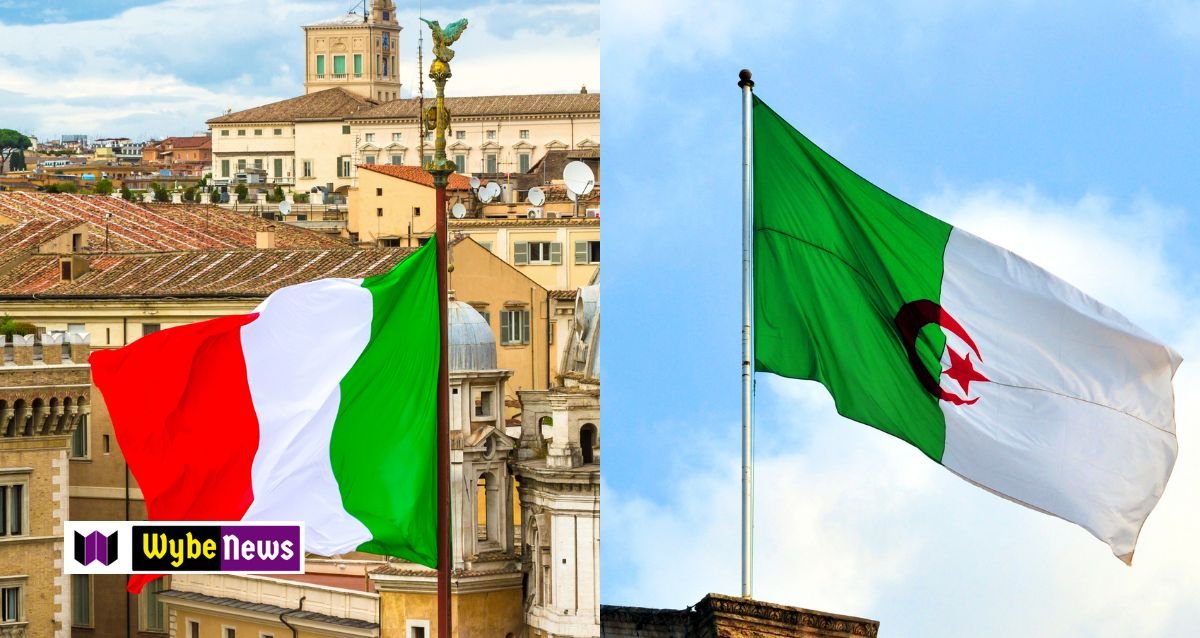EU-Mauritania Migration Deal: A Repeat with Uncertain Outcomes

EU-Mauritania Migration Deal: A Repeat with Uncertain Outcomes
The European Union (EU) recently signed a €210 million ($227 million) migration deal with Mauritania. This deal, spearheaded by the EU and heavily lobbied for by Spain, aims to reduce migration from West Africa to the Canary Islands. However, experts warn that this approach may be ineffective and destabilize Mauritania.
History of Externalization
This isn’t the EU’s first attempt to curb migration through Mauritania. Since 2006, the EU has implemented various policies, including deploying security forces and funding border management projects. While these efforts initially decreased arrivals in the Canary Islands, they also raised concerns about Mauritanian sovereignty.
New Deal, Old Problems
The latest deal promises more funding for border security, job creation, and asylum systems. However, critics argue that it fails to address the root causes of migration, such as poverty and lack of opportunity. Additionally, the public in Mauritania has strongly opposed the deal, fearing it will turn their country into a “buffer zone” for unwanted migrants.
A Cycle of Crackdowns and New Routes
The EU’s focus on border control often leads to unintended consequences. For instance, stricter controls in Morocco are believed to have pushed migrants towards riskier sea routes with higher death tolls. This suggests that simply pushing migration routes elsewhere doesn’t solve the underlying problem.
Mauritania’s Frustration and Uncertain Future
Mauritanian authorities reportedly feel undervalued by the EU compared to other countries that received larger financial packages. The leaked documents and recent public backlash suggest a potential for internal instability in Mauritania.
Looking Ahead: A Need for a New Approach
The EU-Mauritania migration deal seems unlikely to achieve its goals. A more sustainable solution requires addressing the root causes of migration and creating legal pathways for migration. This would benefit both the EU and African countries like Mauritania.






